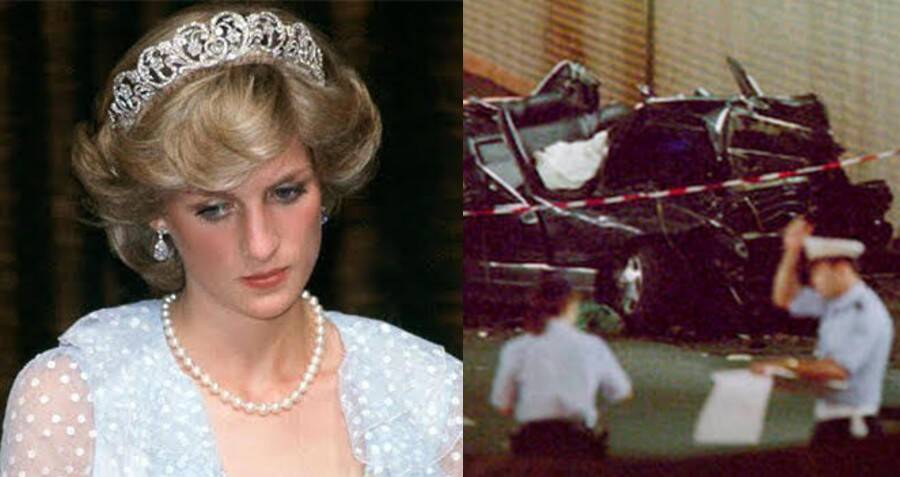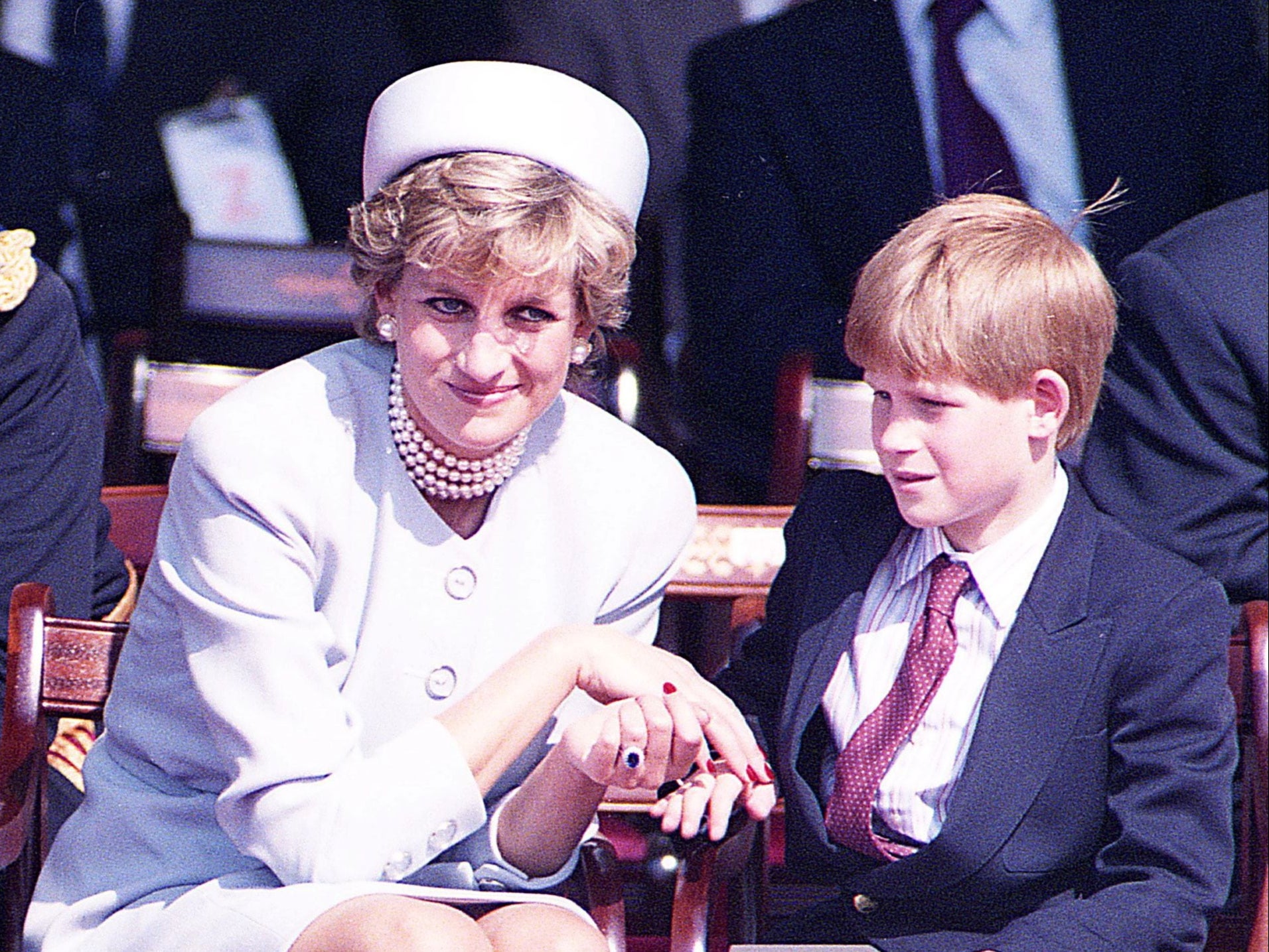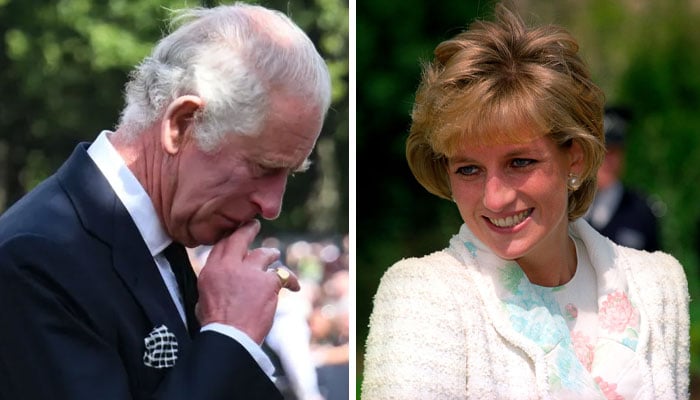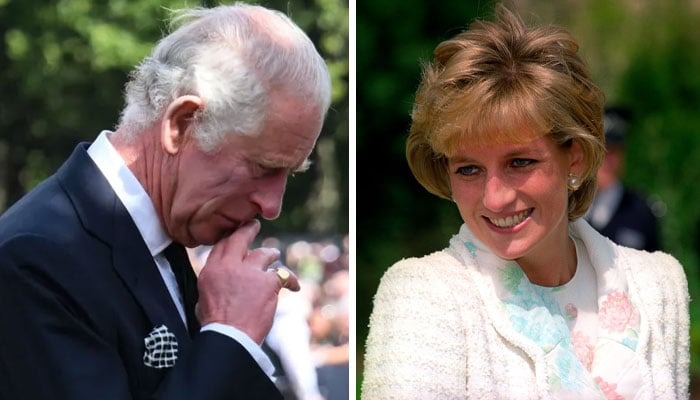The legacy of Princess Diana, her tragic death in 1997, and the Royal Family’s response remain topics of enduring public interest. However, recent unsubstantiated claims circulating online alleging that King Charles III made a deathbed confession to Prince William about the circumstances surrounding Diana’s passing are not supported by any credible evidence or official confirmation.
Princess Diana’s Death: What Official Investigations Confirmed
Princess Diana died on August 31, 1997, in a car crash in the Pont de l’Alma tunnel in Paris, France, alongside her companion Dodi Fayed and driver Henri Paul. The only survivor was bodyguard Trevor Rees-Jones. At the time of the crash, the car was being pursued by photographers.
French authorities initially investigated the incident and concluded in 1999 that the crash was caused by Henri Paul, who was driving under the influence of alcohol and prescription drugs and lost control of the vehicle while speeding.
In 2004, a formal British inquest, known as Operation Paget, was launched by the Metropolitan Police. The inquiry concluded in 2008, with the jury returning a verdict of “unlawful killing” due to gross negligence by both the driver and the pursuing paparazzi. The full 832-page report is available to the public and contains detailed findings, witness testimonies, and forensic evidence【source: UK Parliament, Operation Paget Report】.
There is no verified evidence to support claims of foul play or conspiracy involving the British Royal Family. The inquest dismissed such theories as lacking substantiation.
:focal(1375x969:1376x970)/https://tf-cmsv2-smithsonianmag-media.s3.amazonaws.com/filer_public/f8/c2/f8c25a44-787d-45bf-82fc-f45546a2fbc6/gettyimages-52102394.jpg)
No Public or Official Indication of Confession
As of June 2025, there has been no official statement from King Charles III, Prince William, or Buckingham Palace regarding any “confession” related to Princess Diana’s death. The Royal Family has consistently declined to comment on speculative stories involving private family matters or unverified claims.
Leading British news organizations including BBC News, The Guardian, Reuters, and Sky News have not reported any such deathbed statement or conversation between King Charles and Prince William. In addition, no public record or reliable source supports the claim that King Charles ever described Diana’s death as anything other than a tragedy.
The Palace’s communications policy, as reiterated in many past instances, is to refrain from commenting on private conversations, particularly in sensitive or personal health contexts. This position helps maintain the dignity and privacy of royal family members during critical moments.

Prince William’s Position on His Mother’s Legacy
Prince William has spoken publicly and with deep emotion about the impact of losing his mother. In documentaries such as “Diana, Our Mother: Her Life and Legacy” (2017), produced by ITV and HBO, he emphasized the importance of continuing Princess Diana’s charitable work, especially in areas like homelessness, mental health, and landmine eradication.
In 2021, Prince William and Prince Harry came together to unveil a statue of their mother at Kensington Palace’s Sunken Garden, marking what would have been her 60th birthday. In his speech, William described Diana as someone who “instilled a sense of duty, compassion, and service” in her sons — principles they both carry forward in public life【source: BBC, July 2021】.
There has been no indication that Prince William is “angry” or reconsidering past beliefs due to any private conversations with his father. These unverified quotes have not been published by credible news outlets.

King Charles’s Public Role After Diana’s Death
Following Diana’s death, King Charles — then Prince of Wales — accompanied her body back to the UK from Paris and was involved in organizing the state-level ceremonial funeral. At the time, he faced intense public scrutiny, but over the years, he has worked to support his sons and continue royal duties with a renewed focus on public service.
As monarch, King Charles III has emphasized unity, sustainability, and service in his speeches and actions. His commitment to his late former wife’s memory is also reflected in the support he has shown for causes once championed by Diana, including support for the British Red Cross and advocacy for mental health awareness【source: Royal.uk】.

Maintaining Historical Accuracy
It is important to remember that Princess Diana’s legacy is one of compassion, strength, and global impact, rather than ongoing speculation about the circumstances of her passing. The official investigations into her death — both in France and the UK — were thorough, impartial, and well-documented. Introducing unverified narratives risks distorting public understanding and undermines respect for the individuals involved.
The Royal Family has endured profound personal loss, and maintaining dignity in how that loss is reported is a matter of journalistic integrity and public responsibility.

Conclusion
The tragic death of Princess Diana in 1997 remains one of the most significant moments in modern British history. However, there is no credible evidence to support recent online claims suggesting King Charles III made a deathbed confession to Prince William implicating himself in any wrongdoing. These allegations are not substantiated by any official statements, documented investigations, or verified media sources.
Instead of speculating on fabricated or unconfirmed stories, it is more constructive to focus on the continued public service and advocacy inspired by Princess Diana’s legacy, as well as the verified work of both King Charles III and Prince William in carrying forward her memory.
Sources for Verified Information:
- UK Parliament – Operation Paget Report (PDF)
- BBC News – Diana 20th Anniversary Coverage
- Royal.uk – Official Website of the British Royal Family
- Reuters – Royal Family Statements
- Sky News – Diana and the Royal Family
- The Guardian – Verified Royal News
- ITV – Diana: Our Mother Documentary
